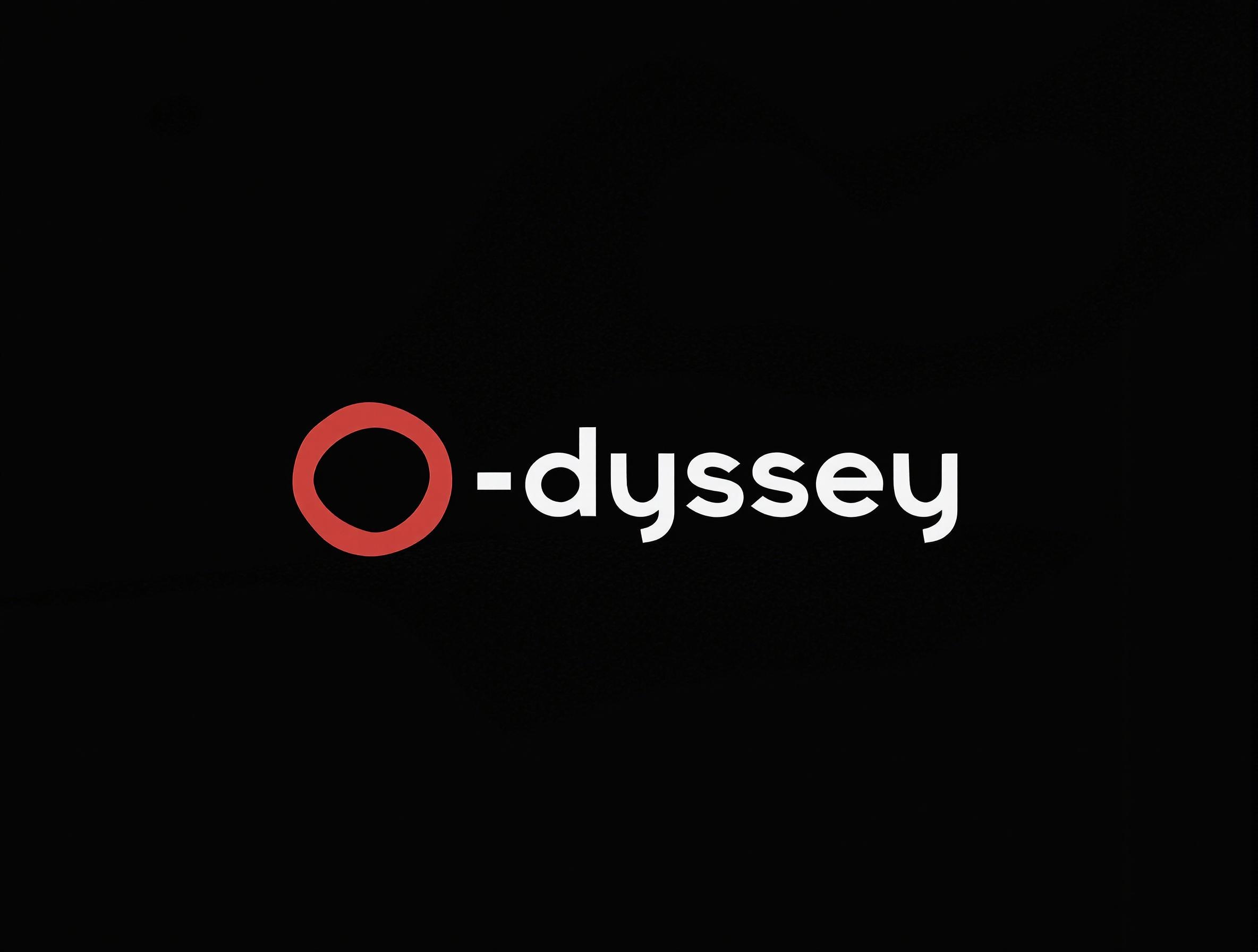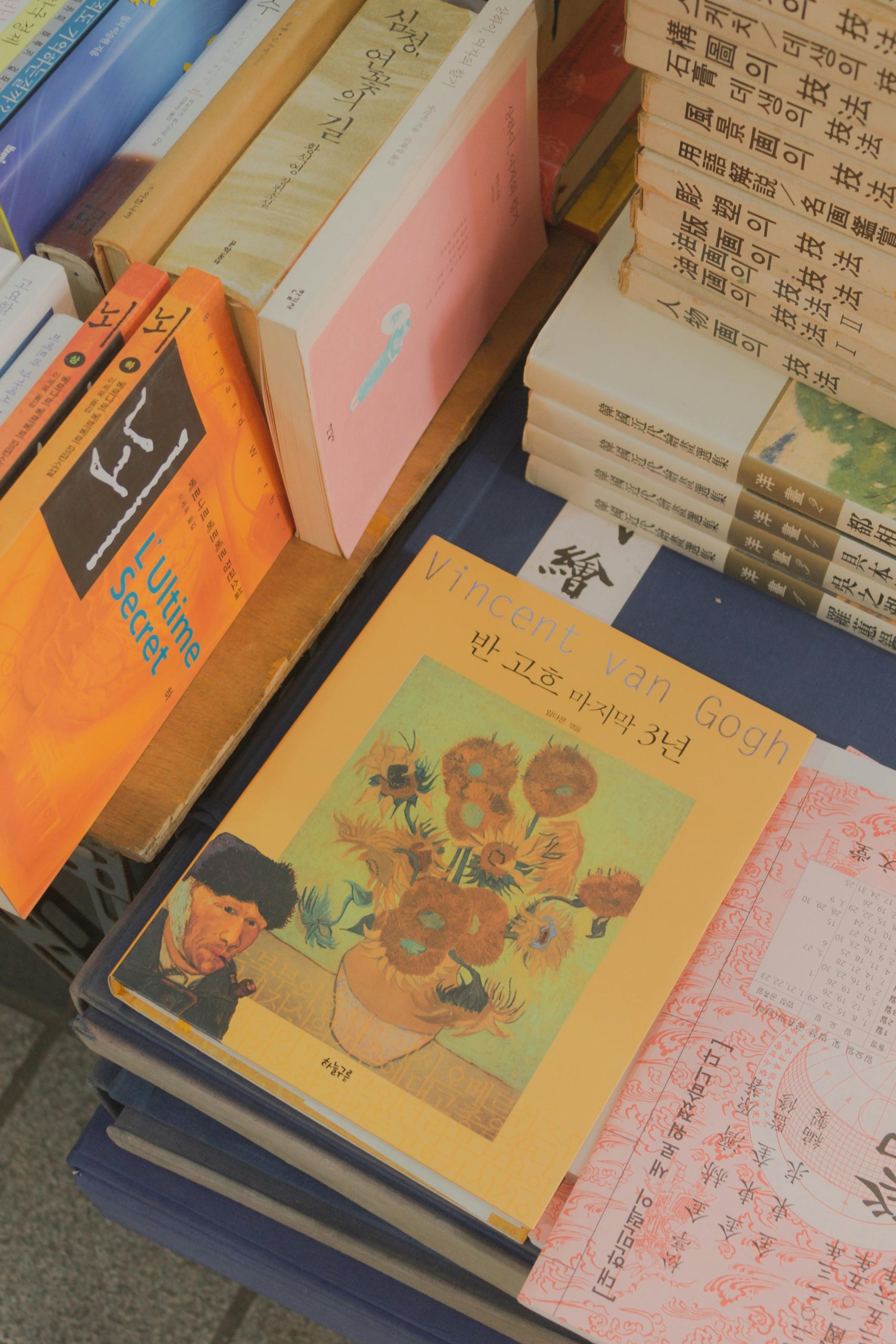Explore a diverse range of Korean novels that capture themes from identity and social struggles to urban life and mental health. This carefully selected guide highlights acclaimed authors and offers titles across genres, all accessible in English. Whether you seek gripping dystopias, poignant memoirs, or literary fiction, these Korean stories provide fresh perspectives worth discovering.
Overview of Popular Korean Novels and Translations
https://yuanliterature.com/ offers a broad korean literature overview, showcasing titles that span genres and themes. Translated korean novels have played a pivotal role in broadening global readership, making Korean storytelling accessible worldwide. Notable works like Kim Jiyoung, Born 1982 shed light on societal struggles, especially gender discrimination, fostering awareness through compelling narratives. Love in the Big City captures urban millennial life with humor and emotion, resonating with international audiences.
Also to see : What Are the Surprising Trends in the UK’s Political Landscape?
Online platforms such as Yuan Literature highlight web novels from Korea—an emerging sector thriving in digital spaces. The site features a variety of translated Korean novels, including romance, fantasy, and thriller genres, emphasizing quality translation and cultural authenticity. These titles often reflect contemporary trends, including strong female protagonists, social issues, and urban life, aligning with the latest Korean romance storytelling trends.
Key Genres and Themes in Korean Novels
Contemporary Societal and Social Realism
Popular genres in Korean fiction often center on contemporary realism, directly engaging with issues like gender roles and urban pressures. Books such as Kim Jiyoung, Born 1982 highlight systemic gender inequality, exemplifying how modern Korean storytelling confronts social issues. This approach brings to light the social issues in Korean novels—from workplace discrimination to generational conflict—helping readers understand the evolving cultural landscape.
In parallel : Empower your journey: learn quran with tailored online courses
Mental Health and Personal Reflection
A distinct space in modern Korean storytelling addresses personal struggles and introspection. Titles like I Want To Die But I Want To Eat Tteokbokki open candid dialogues on mental health, a theme seldom discussed until recently. Memoirs and literary fiction explore internalized stigma, personal identity, and familial obligations. Han Kang’s works, such as The White Book, employ gentle prose and reflection, revealing the nuanced approach of contemporary Korean social novels to both suffering and hope.
Genre-Blending and Experimental Narratives
Pushing boundaries, some Korean writers blend genres to create immersive experiences. Korean thriller and suspense novels like The Plotters combine noir with dark humor, while magical realism and dystopian elements shape works such as Tower. Many titles demonstrate narrative styles unique to Korean fiction, merging speculative themes with explorations of identity. This diversity underpins much of the current excitement about popular genres in Korean fiction on the global stage.
Platforms, Accessibility, and Notable Authors
Online Reading Platforms and Resources
Digital Korean novel platforms have revolutionized how readers access modern Korean storytelling. Genesis Studio stands out with curated categories like Top Novels, Recently Updated, and Genesis Originals, facilitating easy discovery of trending and exclusive web novels from Korea. Users benefit from community features including reading challenges and forums, encouraging engagement with popular Korean novel writers and fans alike. Yuan Literature, meanwhile, specializes in high-quality translations, providing best portals for Korean ebooks and bridging cultural gaps through both webcomics and novels. These platforms are essential for exploring popular genres in Korean fiction and building fan communities around Korean novels.
Noteworthy Korean Authors and Their Influence
The landscape of Korean literature has been shaped by acclaimed figures such as Han Kang, whose meditative works delve into language and loss, and Sang Young Park, acclaimed for capturing contemporary millennial experiences. Modern Korean storytelling continually evolves through emerging voices, who bring fresh perspectives across romance, crime fiction by Korean authors, and memoir. Readers can now follow popular Korean novel writers and enjoy stories that mirror societal change and personal narratives.
Navigating Translations and Language Learning
Most translated Korean novels in English are available on these platforms, helping fans worldwide. For those wishing to access works in original Hangul, downloadable Korean novels in Hangul PDF or epub formats offer immersive learning, especially with tips for reading Korean novels in Hangul. Quality translations matter—preserving authenticity and emotion for best Korean web fiction enthusiasts and digital Korean novel platforms users aiming to further their language skills.
Korean Literature Overview: Genres, Trends, and Global Impact
Using the SQuAD approach, the most important genres found in modern Korean literature overview include contemporary novels, romantic fiction from South Korea, web novels from Korea, and graphic novels and manhwa in Korea. These genres reflect not only evolving storytelling techniques but also mirror key social changes and personal struggles within modern Korean society.
Modern Korean storytelling captures wide-ranging perspectives, from systemic gender issues exemplified in works like Kim Jiyoung, Born 1982 to millennial loneliness and queer narratives seen in Love in the Big City. Furthermore, titles such as Violets and The Cabinet demonstrate a strong focus on identity, longing, and the peculiarities of urban existence.
Popular genres in Korean fiction continue to diversify, with romantic fiction from South Korea blending realistic emotion, humor, and culturally rooted drama. The recent boom in web novels from Korea and the translation of the best Korean web fiction into English through platforms like Yuan Literature and Genesis Studio has dramatically expanded international accessibility. Fans of graphic novels and manhwa in Korea also find a rich selection of visual narratives, many adapting or inspiring further drama series and international media.







